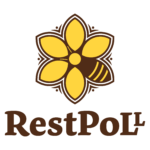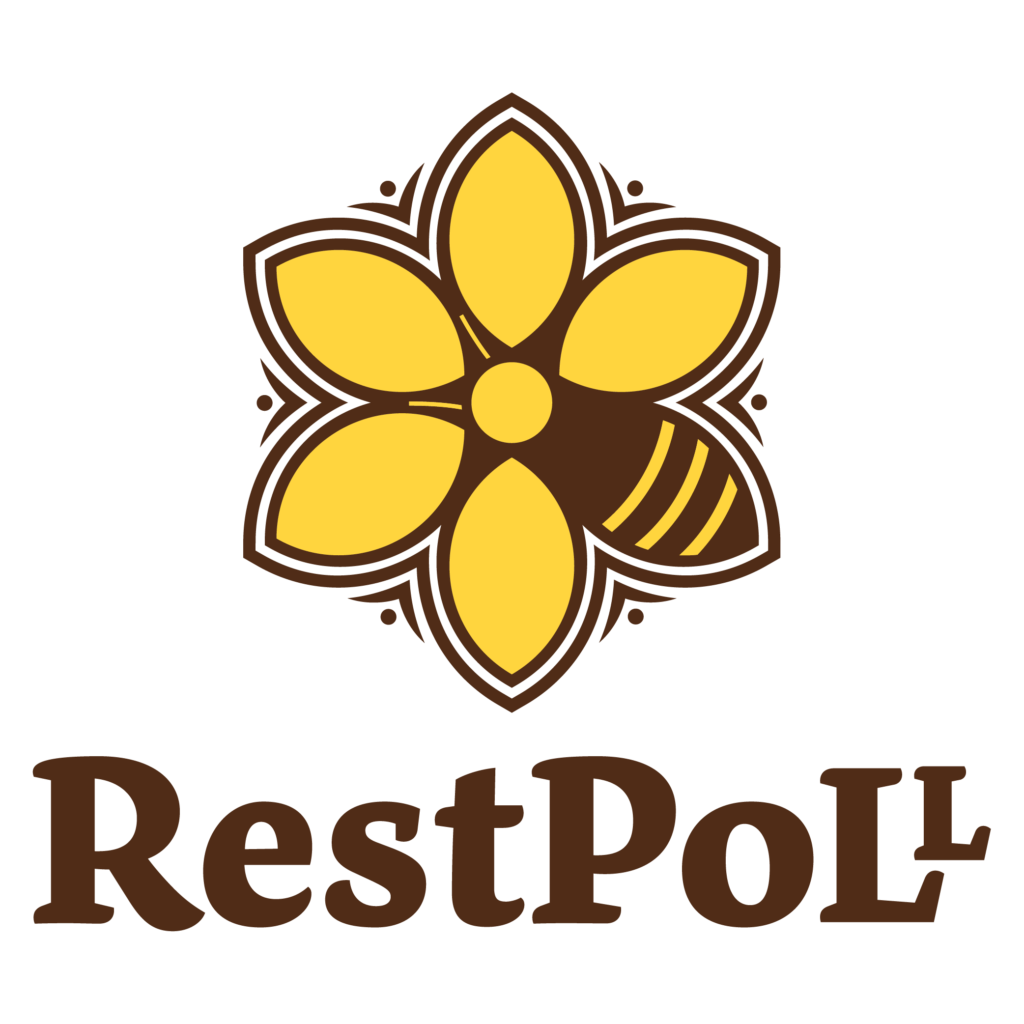The EU-funded project Butterfly aims to significantly enhance society’s capacity to appraise, foresee, and respond to the threats posed by cascading impacts of pollinator decline. It will establish a test system of geographically well spread multi-actor communities across sectors for co-creating proactive pollinator restoration solutions. Coordinated by the University of Bergen, the project will run for four years, starting in March 2025, and involves 24 partners from 13 countries and three overseas territories.
A central component of Butterfly is the creation of six Living Labs across Spain, the Netherlands, Denmark, France, Norway, and Italy. These real-world testing environments bring together stakeholders from agriculture, business, policy, and local communities to co-create and implement solutions for pollinator restoration. The goal is to design scalable and practical measures that can be adopted across diverse sectors reliant on pollination, such as food production, energy crops, biomaterials, cosmetics, pharmaceuticals, and landscape aesthetics.
Restoration of plant-pollinator networks is important as the cascading and potentially devastating impact of pollinator decline is unknown, i.e. the butterfly effect of this loss which gave the project its name. Through well designed tools, Butterfly hopes to mitigate or offset this negative effect and additionally create positive, cascading change that will benefit pollinator communities.
Key role for humanities and social science
Butterfly takes a transdisciplinary approach and has humanities scholars, legal scholars and social scientists amongst its work-package leaders. A work-package on human dimensions will assess and exploit the socio-cultural capacity of the concepts: ‘pollinator stewardship’, ‘eco-literacy’, ‘historical agency’ and ‘slow hope’ in reversing pollinator decline.

Tools for pollinator stewardship
The project is developing several innovative tools to support pollinator restoration. These include:
- EuroAPPA, Europe’s most complete taxonomically harmonized well-curated database of plant-pollinator interactions.
- Economic models to assess the value of pollination services.
- Data-driven tools to help vulnerable sectors, businesses and policymakers integrate pollinator stewardship into their practices.
- Forecasting tools to assess the impacts of scenarios of pollinator loss and identify sustainable alternatives.
- Novel indicators that address the human dimensions of pollinator loss.
- Europe-wide pollinator alert maps highlighting priority regions where pollination services need to be boosted to (a) increase the economic value of pollinators, and (b) reach the EU’s biodiversity goals.
These tools empower stakeholders across vulnerable sectors to take action and promote pollinator-friendly practices
Collaborative efforts
By integrating research with actionable tools, project Butterfly is also working to inform EU policy, contributing to the EU Biodiversity Strategy for 2030. Through these collaborative efforts, the project aims to inspire lasting changes in land use management, agricultural practices, and environmental policies, ensuring the protection and restoration of plant-pollinator networks across Europe.
Given the shared research interests, RestPoll aims to collaborate with Butterfly to develop data-driven and relevant policy recommendations. Furthermore, by exchanging data and ideas through the Living Lab networks of both projects, we hope to achieve a comprehensive understanding of pollination services for crops, as well as the monetary and non-monetary valuation of both the marketed and non-marketed ecosystem services provided by pollinators.
As we embark on this journey with project Butterfly, we will unite our efforts to not only restore pollinator communities but also cultivate a future where we ensure the harmonious balance of our ecosystem and the prosperity of the communities that depend on them.

